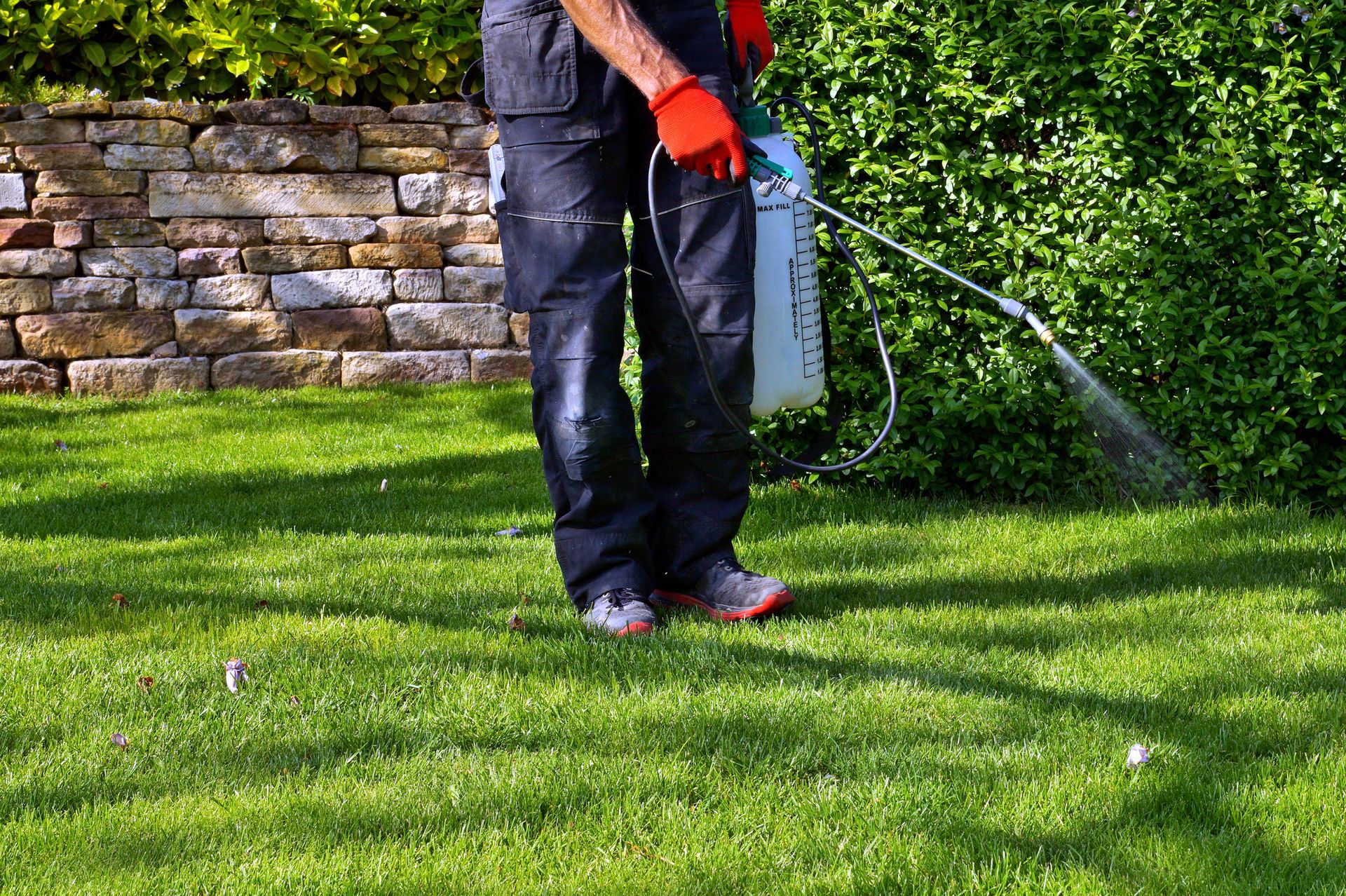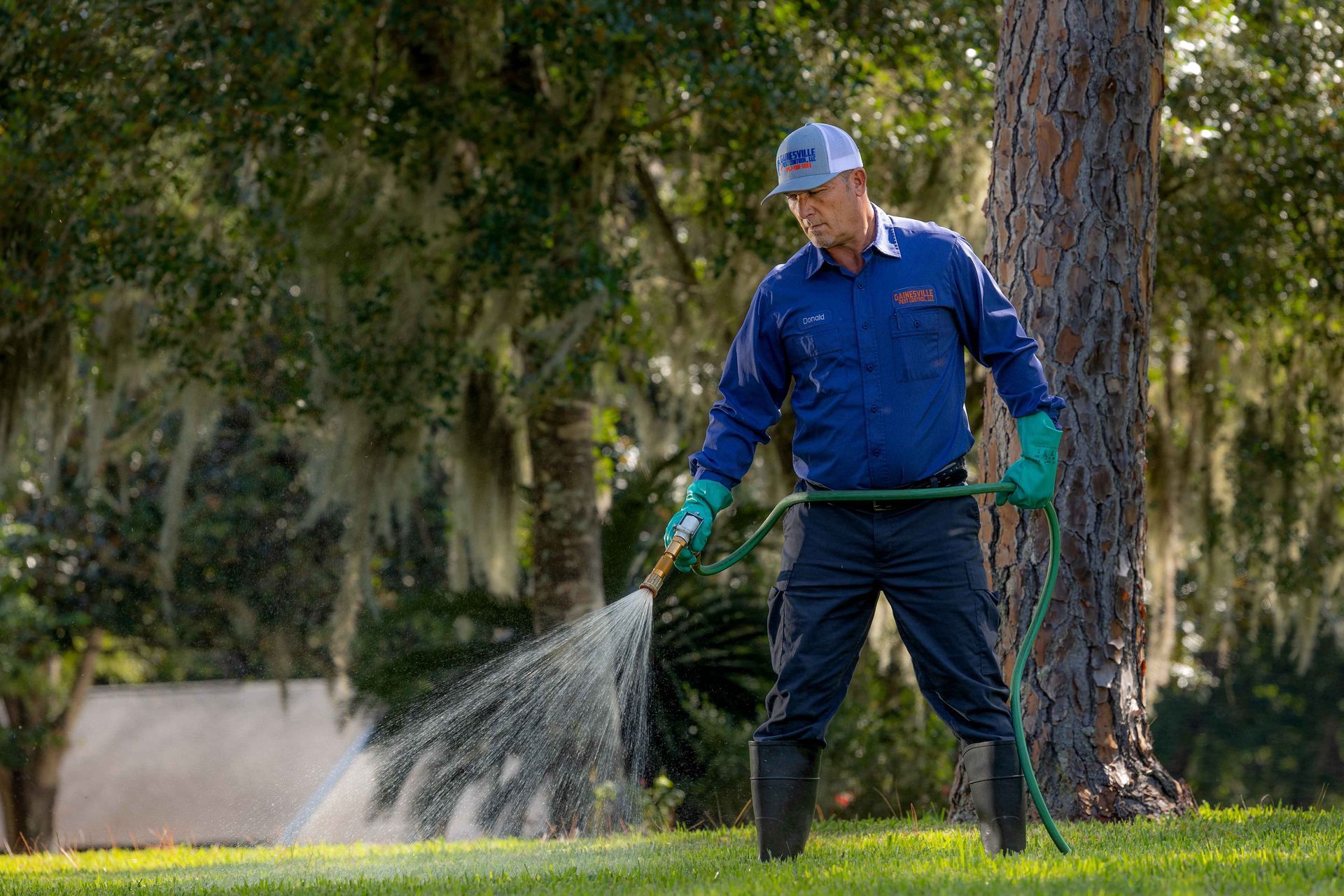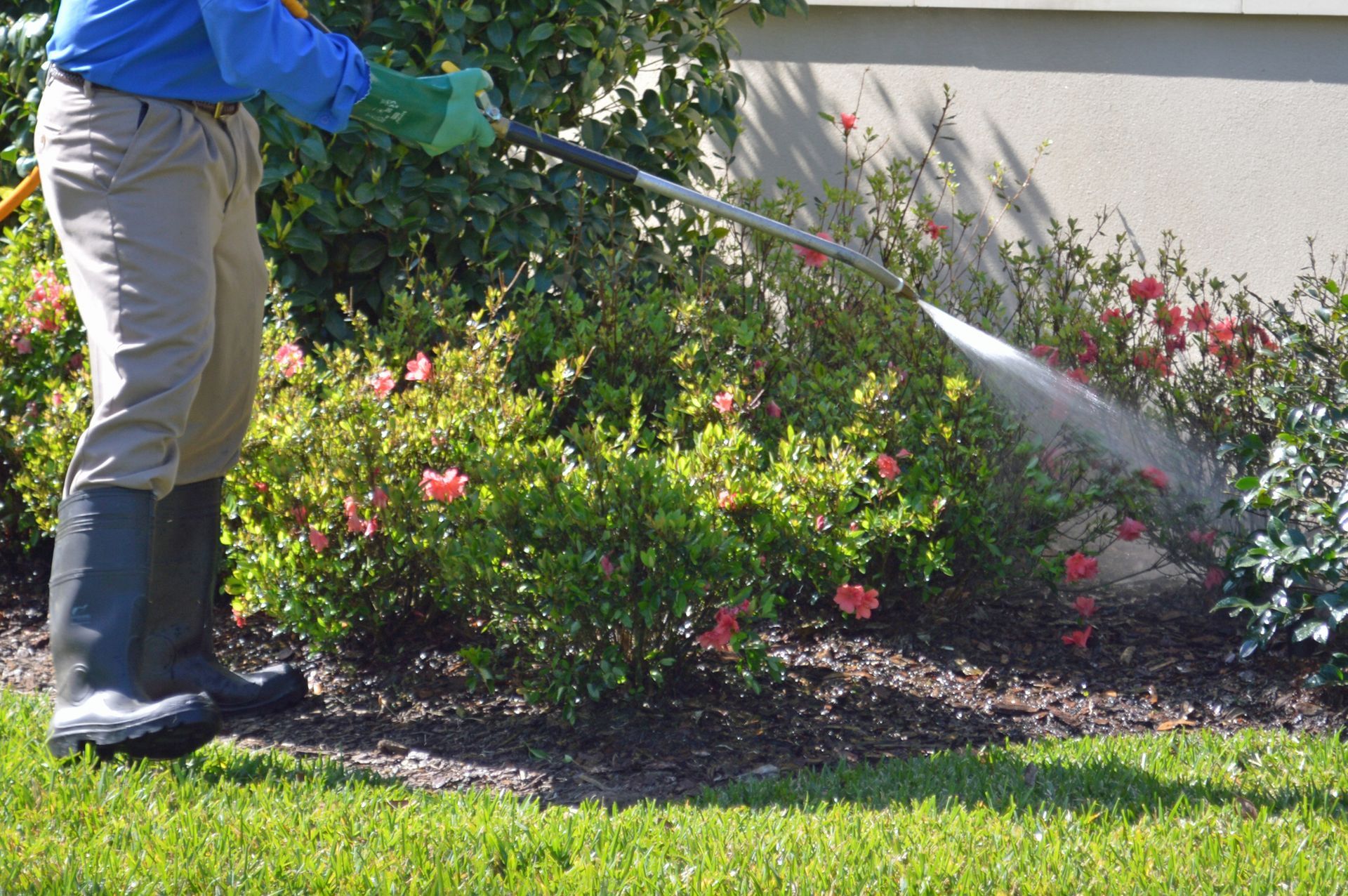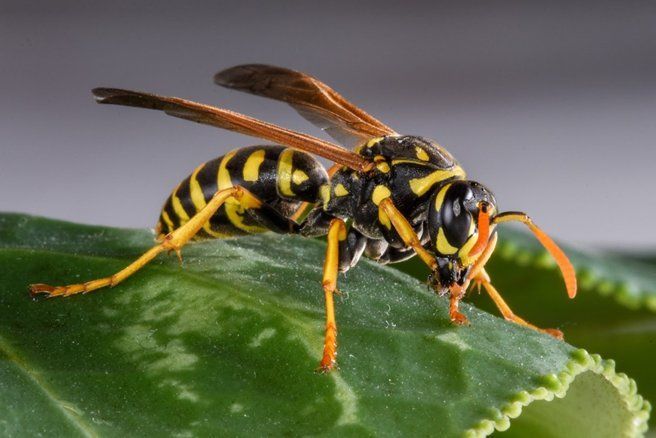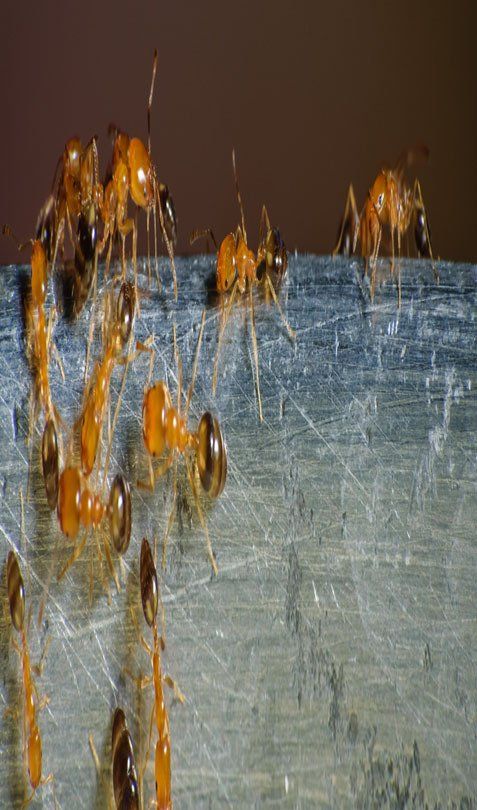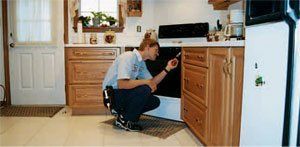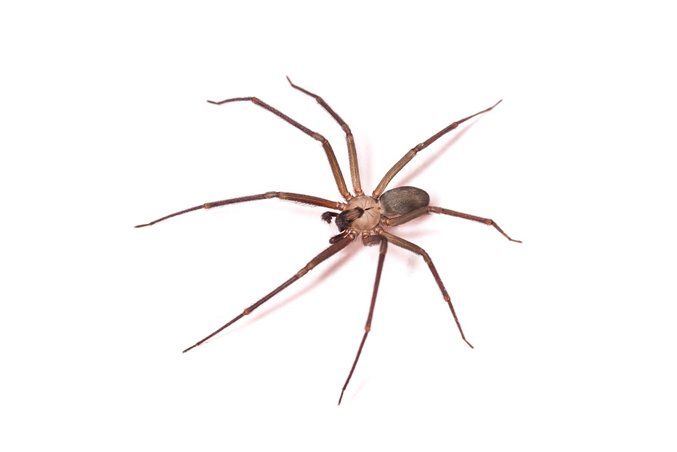3 Ways to Detect a Lingering Pest Infestation at Home
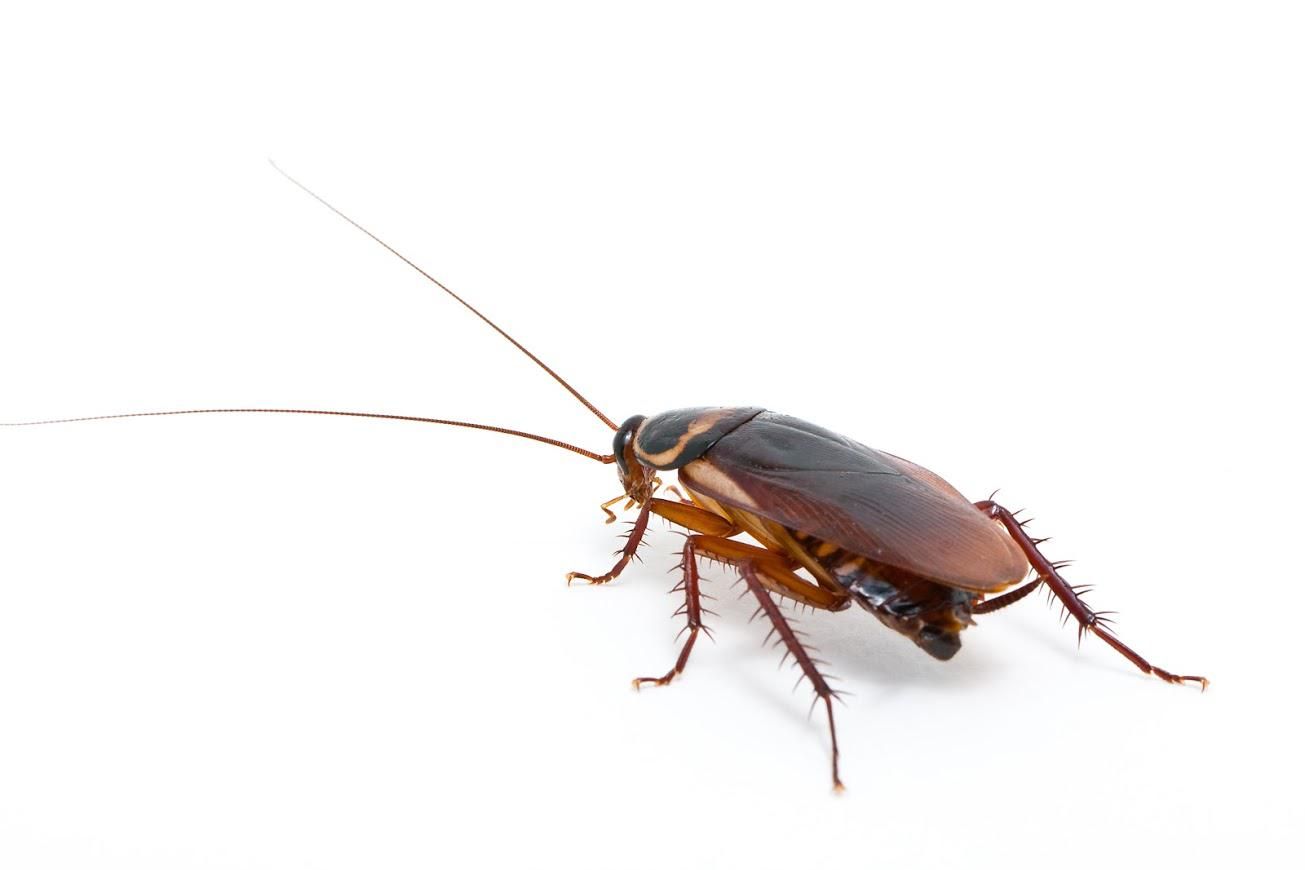
Few
things are as unsettling as wondering what is crawling over your foot
as you try to drift off to sleep, which is why many homeowners comb
their homes for the signs of pest problems. Unfortunately, these
unwelcome invaders aren't always easy to spot. Here are three ways to
detect a lingering pest infestation at home, and how professional
exterminators can help.
1. Check for Bad
Smells
Pests
have their own way of communicating, and for many species, the
process involves emitting odors that can make your home smell
terrible.
For
instance, cockroaches emit a scent that attracts mates, a different
smell when they start to swarm, and yet another odor when they pass
away. Most insects also have foul-smelling fecal material, which may
not be obvious until your home is swarming with pests.
Unfortunately,
when people occupy a space for long periods of time, the brain reacts
to lingering smells by triggering olfactory
fatigue.
This phenomenon occurs when the brain adapts to scents, hindering
your ability to detect problems like a growing pest infestation.
However,
visiting friends and family members may not be around your home long
enough to experience olfactory fatigue, so talk with close friends
and family members about the way your place smells.
When
people come over, ask them what they smell, and persuade them to be
as honest as possible. If you don't know anyone who could give you a
candid reaction to the lingering scents in your home, pay close
attention to the way your home smells after you return from a long
trip. If you notice strange odors, have your space screen for pest
infestations.
2. Inspect Your Baseboards Over time, baseboards can endure a lot of damage. Between shoe scuffs and door dings, you might not think twice about a scrape or a scratch here and there. However, baseboard damage can also be a sign of another unwelcome invader - rodents. Since rodents like mice and rats have bad eyesight , they often travel along walls and use their whiskers to sense where they are going. If they spot a crack, hole, or unexplained crevice, rodents can gain easy access to the interior voids of your walls, where they can seek warmth from electrical cables and plumbing lines. Unfortunately, this habitat can also create incredibly dangerous problems for your family. Rodents can chew through wires to create arc faults that can start your home ablaze, and droppings near internal ductwork can expose your family to a wide range of airborne viruses. If you suspect that you have a mice problem, check your baseboards carefully to look for new damage. Look for claw marks and gnaw patterns from animals chewing on the wood. If you happen upon holes in baseboards, ask an exterminator about setting up a trapping program to start collecting and removing rodents.
3. Surprise a Space Some pests are nocturnal, coming out at night to hunt, mate, and seek new shelters. However, some pests are fooled by the darkness of a closed cabinet or unused basement, which is why surprising the space is such a great way to discover pests. To spot darkness-loving insects like earwigs and cockroaches, open cabinets, drawers, and the doors to unused rooms suddenly. With a flashlight in hand, look for scattering pests that might be trying to escape the light. Similar tactics can be used outdoors if you are worried about lawn pest infestations. Overturn rocks or moving wood piles to see which kinds of animals call your yard home. If you discover a pest problem in your home, don't hesitate to give us a call here at Gainesville Pest Control LLC . In addition to offering a professional analysis of your home and a free estimate, our team focuses on making pest control simple and effective for our clients. To set up an appointment, give us a call today.


